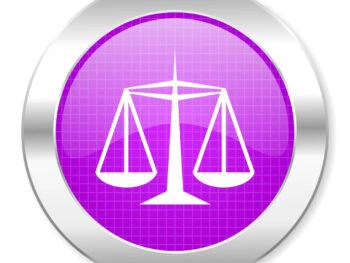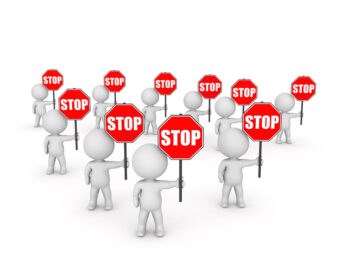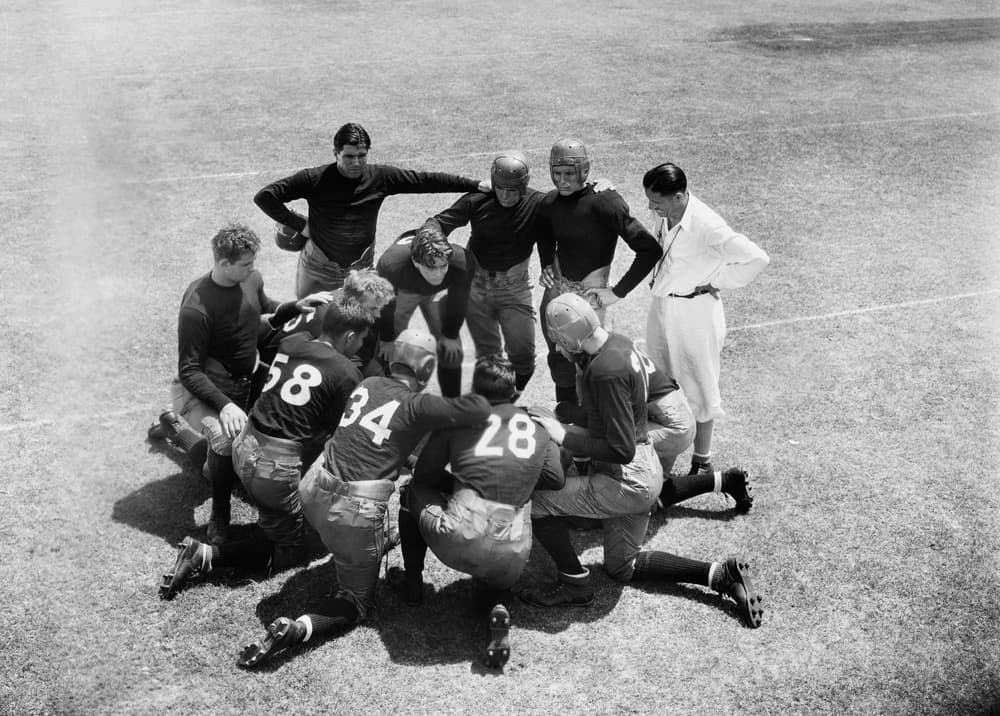
To Admit or Deny Primary Liability
Questions of medical liability for a work injury are often more complex than those that involve a “legal” basis for denial. When reviewing questions of medical causation, claim handlers need to consider the following issues:
- Evidence of clinical medical findings to substantiate a work injury;
- Evidence of the requisite workplace exposure—which are often complicated by claims or repetitive use allegations; and
- Medical literature that connects or links the work activity to the alleged injury.
Click Link to Access Free PDF Download
“How Do I Get My Adjusters To Follow My Account Handling Instructions?”
In many instances, claims handlers are left to rely on training, experience and gut instinct to make decisions. Time is of the essence given statutory parameters following receipt of the First Report of Injury. Failure to do so can result in admissions against interest and/or penalties.
4 Things to Consider in Complex Work Comp Causation Cases
Members of the claims management team need to be proactive when it comes to admitting or denying a workers’ compensation claim that boils down to issues concerning medical causation. There are important steps one can take to make a reasonable and well-informed decision.
- Investigate the mechanism of injury: This consideration includes the question of “how” an injury occurred. The claim handler will have medical records that detail how the injury took place. In other instances, they may have the opportunity to conduct a more in-depth investigation. This can include a recorded statement from the injured worker or witnesses.
- Determine the exact medical diagnosis: This includes obtaining as many medical records as possible immediately following the work injury. This starts with learning where the employee received post-injury care and the names of prior medical providers. In many instances, state and federal privacy laws allow claim handlers to receive medical records without a signed authorization.
- Review all diagnostic tests and studies: Reviewing the reports from medical studies can provide insight into the origin of an injury. Examples of this include injuries to the upper extremities, shoulder areas and cervical spine. A review of EMGs, CT scans and MRI can narrow the point of injury and its origin.
- Roundtable with the claims team: This is a value resource to review the facts and question the plausibility of a claim. Roundtable sessions with a claims management team are important for many reasons. This includes the ability of claim handlers to learn from each other’s experience and plot claim strategy. It can also be an opportunity to poke holes in the employee’s version of events and plan a defense.
Battle of the Medical Experts
In many litigated claims involving injury causation, there is a “battle of the experts.” While the employee always carries the burden of proof, many jurisdictions view the evidence in a light most favorable to the employee. The result in the need to provide the medical expert with as much information as possible prior to the adverse examination. A well written IME report and excellent bedside manner for courtroom testimony is a must.
Conclusions
In every workers’ compensation claim, a strong defense starts with the claim handler working the file. This requires that person to use their skills and resources to conduct a diligent investigation and examine the important issue of medical causation. Claim handlers have many resources. By using them, they can position their file load for success and reduce costs in their workers’ compensation program.
Author Michael Stack, CEO Amaxx LLC. He is an expert in workers compensation cost containment systems and helps employers reduce their work comp costs by 20% to 50%. He works as a consultant to large and mid-market clients, is co-author of Your Ultimate Guide To Mastering Workers Comp Costs, a comprehensive step-by-step manual of cost containment strategies based on hands-on field experience, and is founder & lead trainer of Amaxx Workers’ Comp Training Center.
Contact: mstack@reduceyourworkerscomp.com.
Workers’ Comp Roundup Blog: https://blog.reduceyourworkerscomp.com/
©2017 Amaxx LLC. All rights reserved under International Copyright Law.
Do not use this information without independent verification. All state laws vary. You should consult with your insurance broker, attorney, or qualified professional.
















